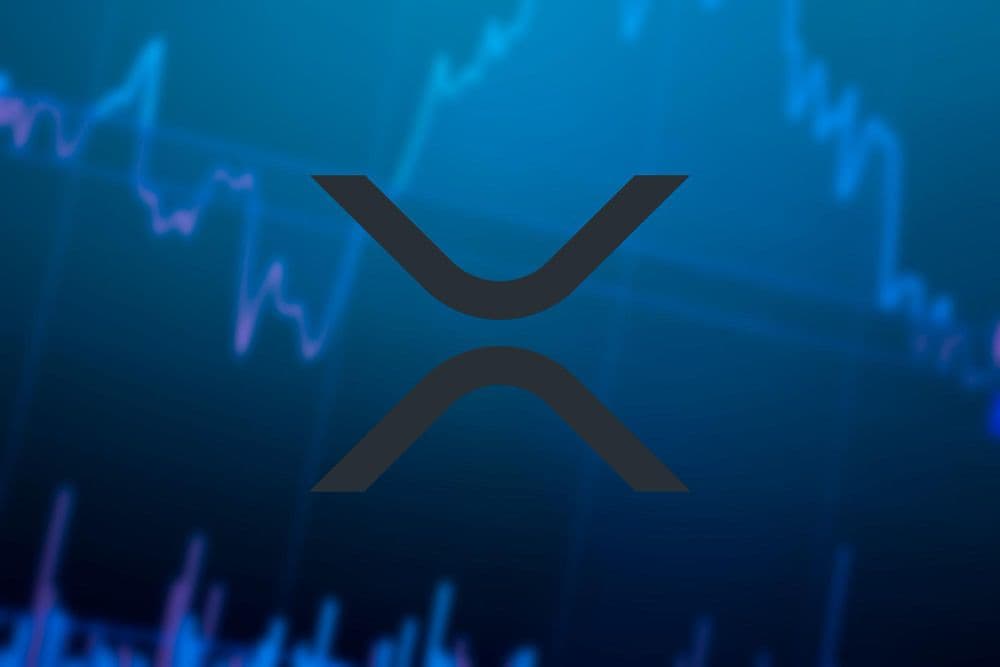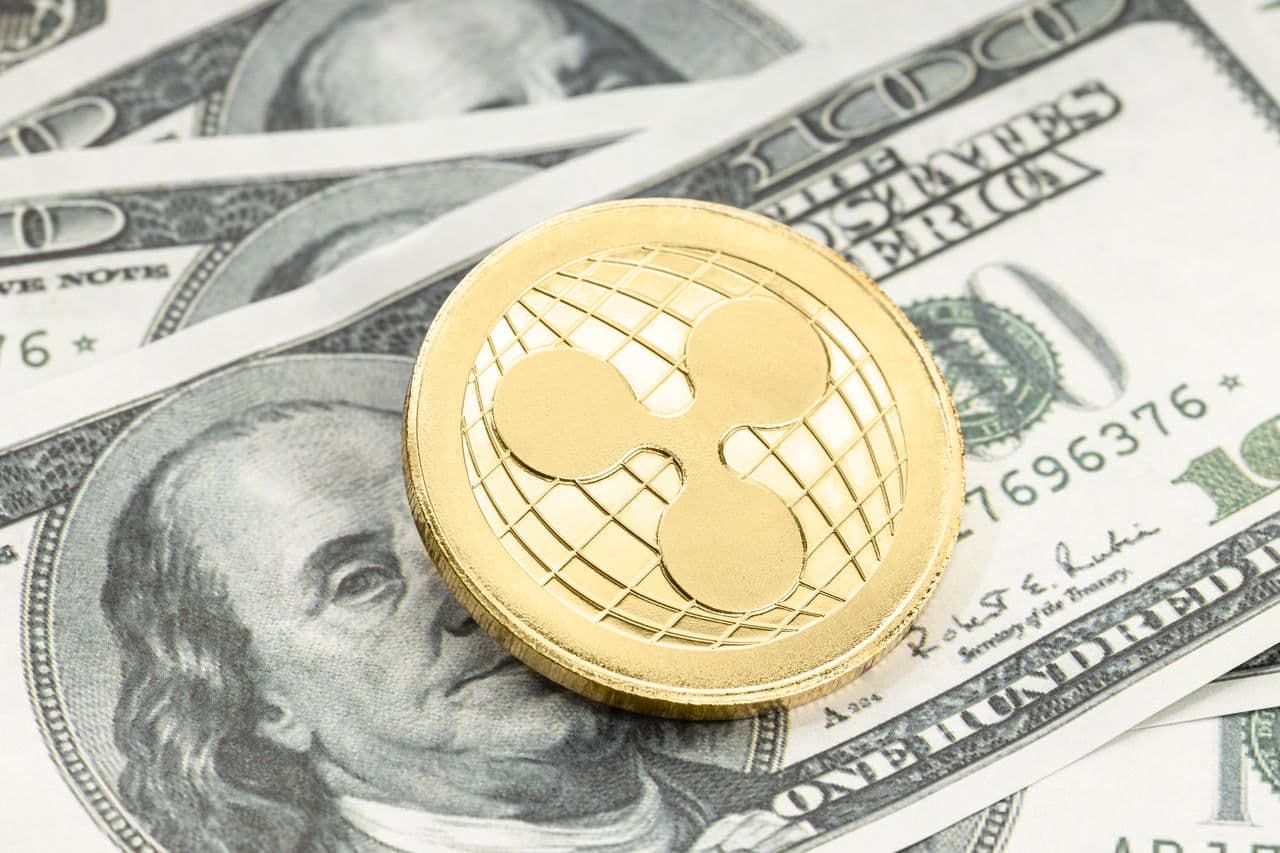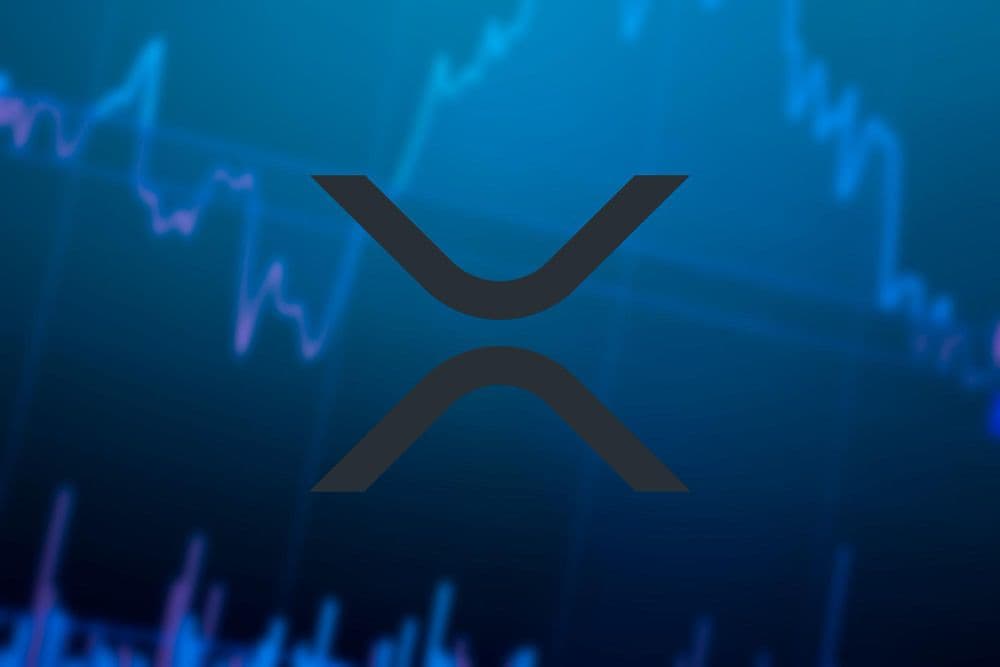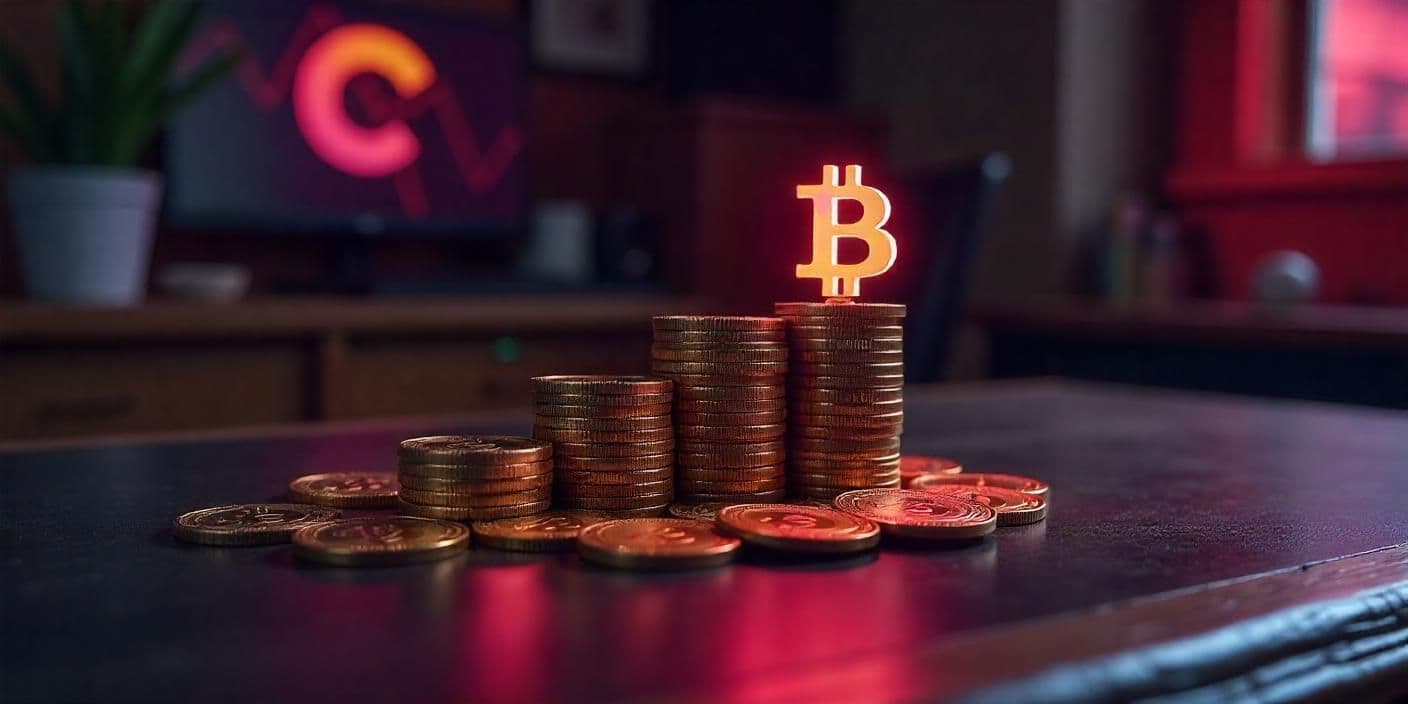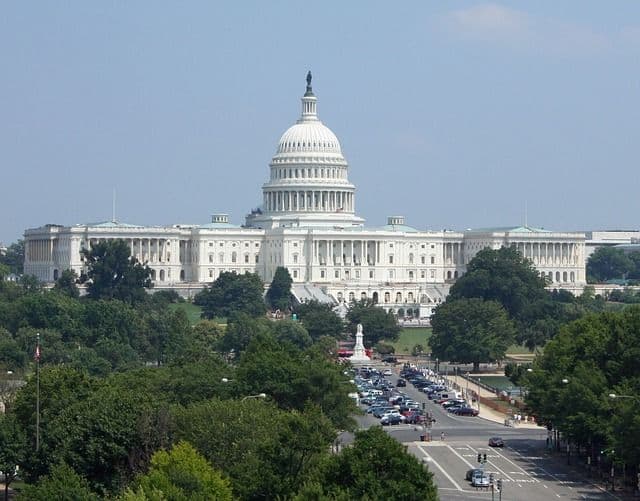XRP SEC Lawsuit Update: A "Fire Gensler" Campaign & A Biden Veto
Ripple CEO Brad Garlinghouse calls on President Biden to replace SEC Chair Gary Gensler...Biden uses his veto right to the latest standalone legislation... Is Biden's veto decision good for Ripple?

In a dramatic plea that underscores the crypto industry's growing impatience with current regulatory practices, Ripple CEO Brad Garlinghouse has urged President Joe Biden to replace SEC Chair Gary Gensler. This call for change reflects widespread dissatisfaction within the cryptocurrency community and signals a potential shift in U.S. regulatory policy towards digital currencies.
Garlinghouse's Bold Call for Change
Brad Garlinghouse took to social media platform X to voice his concerns about the current regulatory environment. Reacting to news that President Biden’s campaign is consulting industry leaders on cryptocurrency regulation, Garlinghouse insisted that replacing Gary Gensler is a necessary step for fostering a supportive environment for the crypto industry. This bold demand highlights the frustration with Gensler’s approach, which many believe stifles innovation.
XRP SEC Lawsuit Update
Since taking over the SEC in April 2021, Gary Gensler has been a controversial figure in the crypto space. Critics, including Garlinghouse, accuse him of adopting an overly aggressive regulatory stance. Under Gensler's leadership, the SEC has initiated numerous high-profile lawsuits against major crypto firms such as Coinbase, Binance, Kraken, and LBRY. These actions are viewed as part of a broader “regulation by enforcement” strategy, which has created significant uncertainty for companies and investors alike.
The ongoing Ripple lawsuit, inherited by Gensler from his predecessor, exemplifies the industry's frustrations. This prolonged legal battle has created considerable uncertainty for Ripple and its investors, further inflamed by Gensler’s suggestion that the SEC might appeal a court ruling partially favoring Ripple.
The "Fire Gensler" Campaign
The dissatisfaction with Gensler's regulatory approach has spurred the "Fire Gensler" campaign, gaining substantial support from the crypto community. Garlinghouse's recent remarks resonate with a widely shared sentiment among industry leaders and enthusiasts who believe that new leadership at the SEC is essential for a more supportive regulatory framework.
Biden's Veto Decision
Interestingly, President Biden’s stance on cryptocurrency appears to be evolving. Recent approvals of Bitcoin and Ethereum spot-based exchange-traded funds (ETFs) indicate a significant shift from the administration's previously cautious approach. Furthermore, bipartisan support for pro-crypto legislation in the House of Representatives reflects a growing recognition of the need for clear and supportive regulations.
Reports also suggest that the Biden administration engages with key industry players to develop a favorable regulatory framework for cryptocurrencies. This increased engagement marks a departure from the administration's earlier strategy of maintaining a distance from the industry.
However, upon President Biden's using of his veto right -against the latest legislation- yesterday, he caused himself to lose supporters in the crypto market, some even considering that this act would cost him the election. While people discuss the effect of politics on the cryptocurrency market, it's perhaps about time to reflect on the effect of the crypto market, and its supporters on the politics, as it might be revealed soon in the US Presidential elections.
Is the Veto good for Ripple?
Despite the negative impact of the veto for most cryptocurrencies, the veto of SAB 121 is indeed positive news for Ripple, especially given their existing custody solutions.
With this veto, Ripple's custody solutions become significantly more attractive to institutional investors, who can now invest in cryptocurrencies with reduced regulatory uncertainty. This development could boost the adoption and demand for Ripple's services, including their XRP token.
So, yes, the veto is a positive development for Ripple, and their custody solutions are well-positioned to benefit from this outcome. Great insight!














